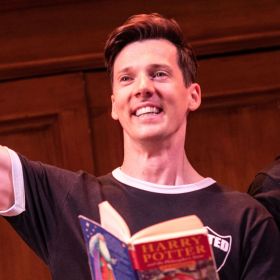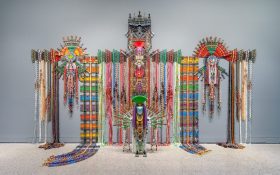Freelancing comes with a very different lifestyle to full time employment. Instead of commuting to an office, many freelancers choose to work from home and so the routine of getting dressed for work and arriving on time can be quite different.
The change of routine brings certain freedoms, but also the new stress of starting your own business and chasing work. From sorting out your superannuation to making sure you have the right insurance cover for your circumstances – here are four things to get you started.
1. Sort out your super contribution
Superannuation is often the last thing on the “to do” list for a new freelancer, but it shouldn’t be this way. Try to match the 9.5% super contribution that employers usually pay – and make this contribution regularly.
The good news is, if you are self-employed and make contributions to your super, you can claim a tax deduction. But tax deductions are only available for contributions paid to a complying fund.
Consider speaking to a financial adviser about your super – they can help you figure out the best contribution strategy to suit your needs.
Read: Self-employed or personal deductions by Media Super
2. Check your insurance cover
This ties into deciding which super fund you want to join or keep as a freelancer. Funds generally offer three types of insurance: Death only; Death and Total & Permanent Disablement; and Income Protection.
When switching to freelance or self-employed work you need to check that you will still be covered. It’s also possible that your level of cover or the cost may have changed (especially if you belonged to your previous company’s corporate fund).
‘Not all super funds provide insurance cover for self-employed and freelance members,’ said Erick Cordero, Media Super General Manager for Growth.
‘If you’re staying with your existing super fund when you change jobs, it’s a good idea to call your fund and check that your insurance cover is still right for you.’
You may want to increase or decrease your level of cover, depending on your new income and circumstances. Ask yourself, what’s changed since you last reviewed your insurance cover? You might find it’s not just the new job that is different. You may have bought a house or started a family.
‘As the industry fund for arts and entertainment professionals, Media Super’s insurance offering has been designed to cover freelance and self-employed workers because we understand that peace of mind is important to all our members, regardless of how you’re employed,’ said Cordero.
3. Ask someone out for coffee
When you start freelancing the experience can be isolating. A good way to offset the loneliness is to ask other freelancers or potential partners out for coffee, whether it’s to discuss ideas or to build your list of industry contacts.
Coffee, after all, is just an informal way to network.
4. Ask what success looks like in three months
Think ahead. What does success look like for you in three months? Write it down and keep revisiting this goal to make sure you stay on track and what you need to do to get there. This will give you an opportunity to set some clear milestones to work towards.
This article provides general information only, and does not take into consideration your personal objectives, situation or needs. Before making a decision to combine your superannuation, you should consider any penalties such as exit fees, change to insurance cover or loss of benefits that may apply and, if necessary, consult a qualified financial adviser.
Before making any financial decisions you should first determine whether the information is appropriate for you by reading the relevant Product Disclosure Statement and/or by consulting a qualified financial adviser. Issued by Media Super Limited (ABN 30 059 502 948, AFSL 230254) as Trustee of Media Super (ABN 42 574 421 650, USI Super 42574421650001, USI Pension 42574421650799).





